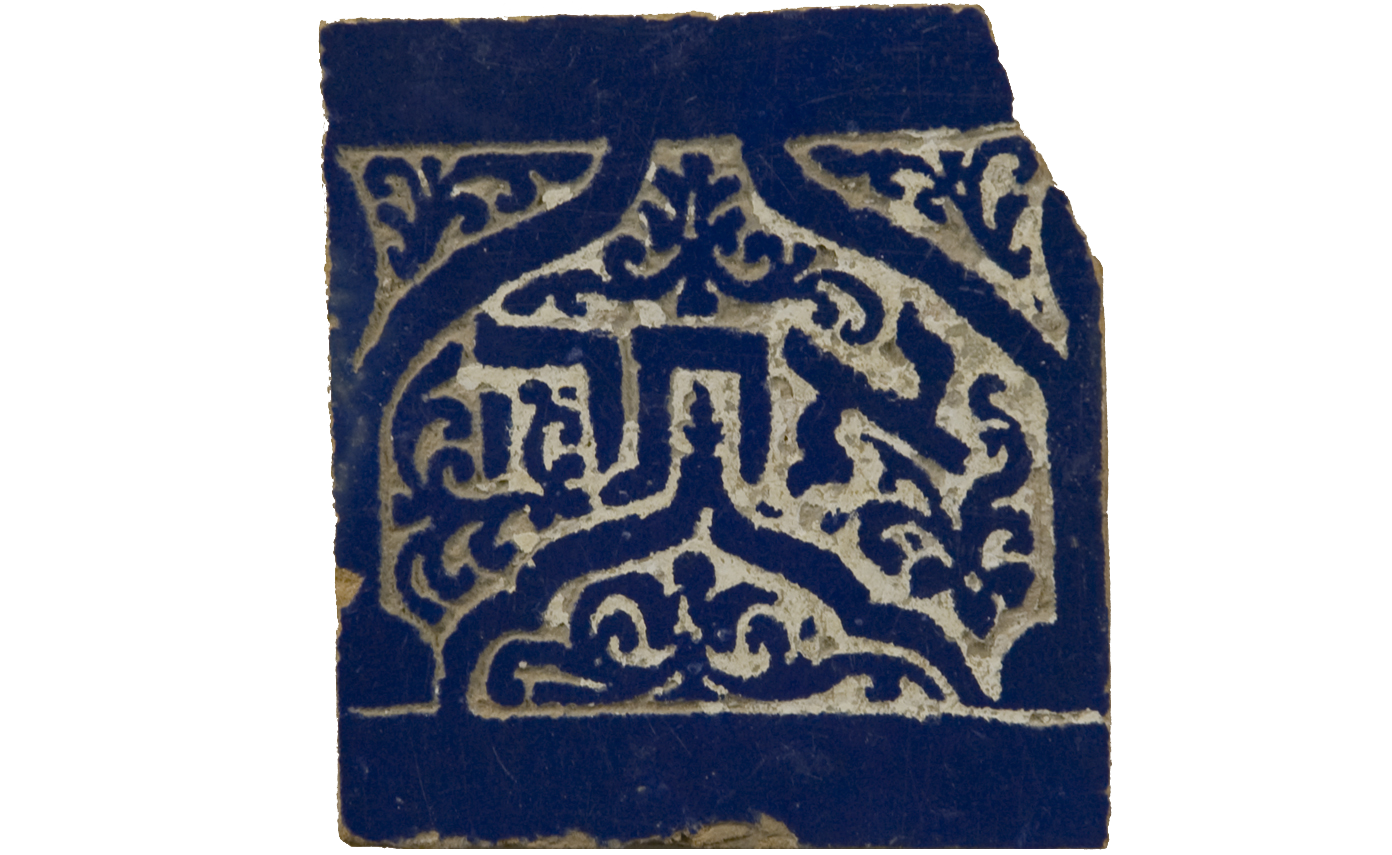תפילה לפני קידושין | Prayer before Kiddushin for Couples, by Sarah Groner
Source Link: https://opensiddur.org/?p=29976
open_content_license: Creative Commons Zero (CC 0) Universal license a Public Domain dedication date_src_start: 2012-00-00 date_src_end: 2012-00-00 languages_meta: [{"name":"English","code":"eng","standard":"ISO 639-3"},{"name":"Hebrew","code":"heb","standard":"ISO 639-3"}] scripts_meta: [{"name":"Latin","code":"Latn","standard":"ISO 15924"},{"name":"Hebrew (Ktav Ashuri)","code":"Hebr","standard":"ISO 15924"}] Date: 2020-02-04
Last Updated: 2025-09-05
Categories: Engagements & Weddings
Tags: 21st century C.E., 58th century A.M., Gratitude, kiddushin, Needing Translation (into English)
Excerpt: This prayer is based on the personal prayer said on holidays before Torah reading. The grammar has been adapted as plural rather than singular, so that the couple says the prayer together before their ritual of Kiddushin (betrothal). . . .
Content:
| Source (Hebrew) |
Contribute a translation |
|
רִבּוֹנוֹ שֶׁל עוֹלָם מַלֵּא מִשְׁאֲלוֹת לִבִּינוּ לְטוֹבָה וְהָפֵק רְצוֹנִינוּ וְתֵן שְׁאֵלָתִינוּ. וְזַכֵּה לִנוּ וְכָל בְּנֵי בֵיתִינוּ לַעֲשוֹת רְצוֹנְךָ בְּלֵבָב שָׁלֵם. וּמַלְּטֵנוּ מִיֵּצֶר הָרָע וְתֵן חֶלְקֵנוּ בְּתוֹרָתֶךָ. וְזַכֵּנוּ שֶׁתִּשְׁרֶה שְׁכִינָתְךָ עָלֵינוּ. וְהוֹפַע עָלֵינוּ רוּחַ חָכְמָה וּבִינָה. וְיִתְקַיֵּם בָּנוּ מִקְרָא שֶׁכָּתוּב וְנָחָה עָלָיו רוּחַ ה’ רוּחַ חָכְמָה וּבִינָה רוּחַ עֵצָה וּגְבוּרָה רוּחַ דַּעַת וְיִרְאַת ה’:
|
|
|
וּבְכֵן יְהִי רָצוֹן מִלְּפָנֶיךָ ה’ אֱלהֵינוּ וֵאלהֵי אֲבוֹתֵינוּ. שֶׁתְּזַכֵּנוּ לַעֲשוֹת מַעֲשים טוֹבִים בְּעֵינֶיךָ וְלָלֶכֶת בְּדַרְכֵי יְשָׁרִים לְפָנֶיךָ. וְקַדְּשֵׁנוּ בִּקְדֻשָׁתֶךָ כְּדֵי שֶׁנִּזְכֶּה לְחַיִּים טוֹבִים וַאֲרוּכִּים וּלְחַיֵּי הָעוֹלָם הַבָּא. וְתִשְׁמְרֵנוּ מִמַּעֲשּים רָעִים וּמִשָׁעוֹת רָעוֹת הַמִתְרַגְשׁות לָבא לְעוֹלָם. וְהַבּוֹטֵחַ בה’ חֶסֶד יְסוֹבְבֶנְּהוּ אָמֵן:
|
|
|
וַאֲנִי תְפִלָּתִי לְךָ ה’ עֵת רָצוֹן אֱלֹהִים בְּרָב חַסְדֶּךָ עֲנֵנִי בֶּאֱמֶת יִשְׁעֶךָ.
|
|
This prayer is based on the personal prayer said on holidays before Torah reading. The grammar has been adapted as plural rather than singular, so that the couple says the prayer together before their ritual of Kiddushin (betrothal).
Contributor: Sarah Groner
Co-authors:
-

Name: Sarah Groner
Bio: Sarah Groner is an Israel Program Associate with J Street with experience in resource development and community social work. Sarah has a breadth of knowledge in the Israeli nonprofit community and an international perspective in resource development. Sarah has worked and volunteered for various Israeli nonprofit organizations, including Tebeka, HIAS, Ofek Liyladenu, Maagalei Tzedek and Mesila. Originally from the United States, Sarah moved to Israel in 2005 and has since completed her Bachelors degree in Social Work at Bar Ilan University.
Website: http://mylifeintelaviv.tumblr.com/
Profile Link: https://opensiddur.org/profile/sarah-groner
Featured Image:

Title: Moorish synagogue tile with Atah (Morocco, ca. 18th c.)
Caption: Blue and white synagogue tile decorated with Moorish arch and floral motif and inscribed with the Hebrew word אתה “atah” (you), Morocco, 18th century. This tile is most likely from one of the four imperial cities: Fez, Meknes, Marrakesh, or Rabat. Original record notes that this tile came from a Moroccan synagogue. Possibly from the formula “barukh atah bevo’echa uvarukh ata btsetekha” (ברוך אתה בבואך וברוך אתה בצאתך), Deuteronomy 28:6; cf. tiled inscriptions in Lazama synagogue, Marrakech. (From the Magnes Museum collection, Tile [77-275].)

